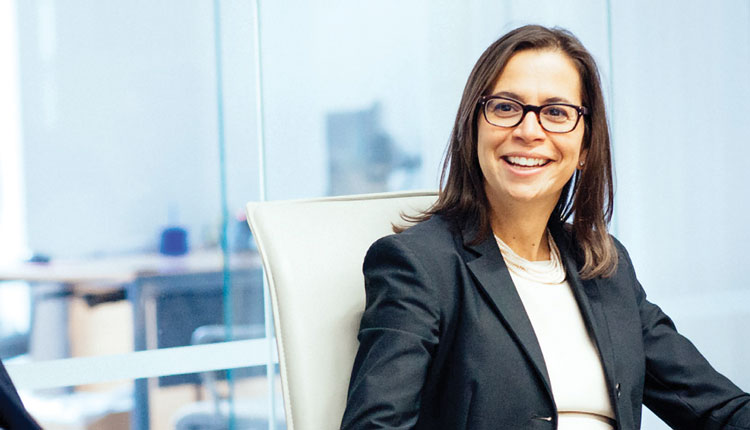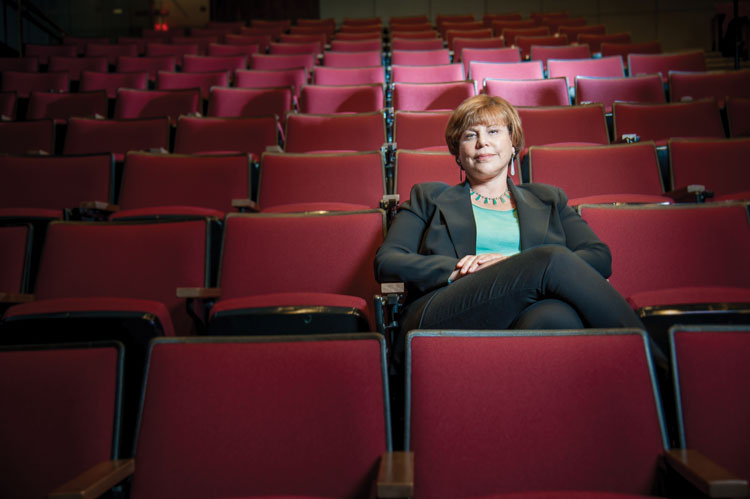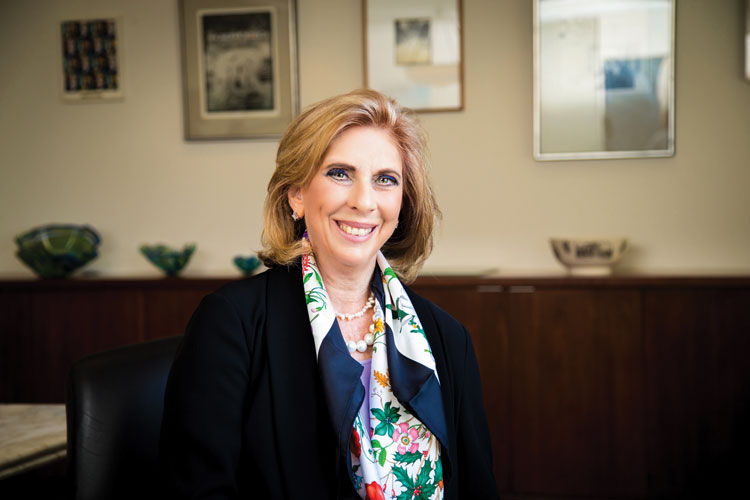Burford Capital $50 million litigation fund headed by women and female-owned firms

Aviva Will: “From a financial perspective, we think it’s good business to make investments with teams that are diverse because they get better results.” Photo courtesy of Burford Capital.
Since 2009, when major litigation funding company Burford Capital started investing in cases, less than 10 percent of funding requests came for matters led by female lawyers.
That’s something Burford wants to change.
Aspiring to close the gender gap in the legal profession, Burford set aside $50 million in capital to fund matters led by women and female-owned law firms.
The Equity Project aims to enable female litigators to become leaders in significant matters, claim origination more easily, and nab new business by offering clients alternative fees.

Photo of Sharon Rowen by Stan Kaady
“From a financial perspective, we think it’s good business to make investments with teams that are diverse because they get better results,” says Aviva Will, senior managing director of Burford’s investment team.
Will says she works alongside a senior management team that’s 50 percent women, which is different than earlier in her career, when she was often the only woman in the room as a BigLaw attorney and in-house counsel.
The gender gap in the law is well documented. The National Association of Women Lawyers found in a 2017 survey that women make up 46 percent of associates yet only 19 percent of equity partners. Female attorneys earn 90 to 94 percent of what men do in the same positions, and 97 percent of firms in the NAWL survey said their highest-paid partner was male.
“We can actually do something concrete and real to change those numbers,” Will says.
Burford’s Equity Project funding is available when a female lawyer is first-chair, is plaintiffs lead counsel or on a plaintiffs steering committee, earns origination credit, becomes the client relationship manager, or when a female-owned law firm represents the client.
Sharon Rowen, director of the documentary Balancing the Scales, which is about discrimination against women in the law, says Burford’s initiative could impact a small subset of female lawyers who work in BigLaw.

Photo of Bobbi Liebenberg by Jason Nicolas.
“It’s definitely an initiative that will help women become equity partners and raise that percentage, or get women who are already partners more equal pay,” says Rowen, a partner at Rowen & Klonoski in Atlanta. “It’s certainly a win situation for Burford because they are opening more avenues for more business.”
To spread the word about the project, Burford reached out to successful women from BigLaw firms such as Quinn Emanuel Urquhart & Sullivan; Latham & Watkins; and King & Spalding.
One of its Equity Project champions is Bobbi Liebenberg, co-chair of the ABA’s Presidential Initiative on Achieving Long-Term Careers for Women in Law.
Liebenberg, a senior partner at Fine, Kaplan and Black in Philadelphia, says a class action lead counsel must have the financial resources to finance a case that spans many years, so Burford’s capital could be critical for women to land those appointments. In other matters, the funding could help a female attorney convince her firm to take a client on contingency.
“It has real potential for closing the gender pay gap and for increasing the opportunities for women to serve as first-chairs at trial and first-chairs in class actions,” she says.
This article was published in the December 2018 ABA Journal magazine with the title "Closing the Gap."



